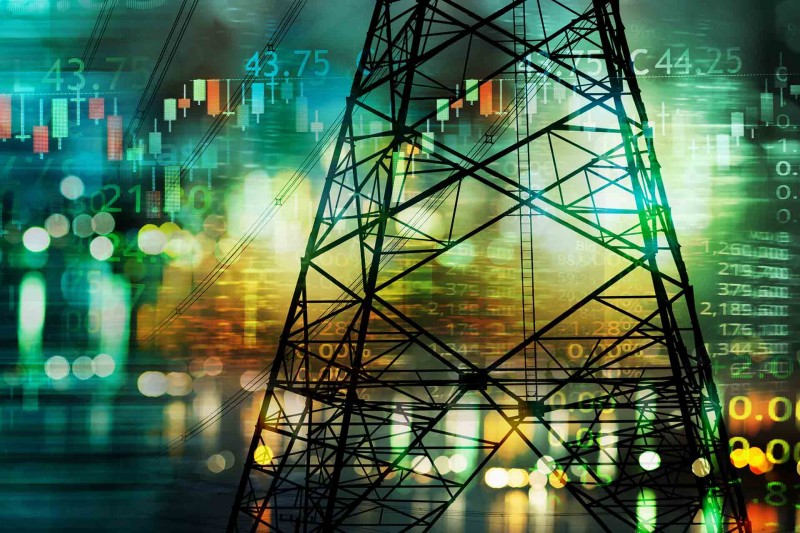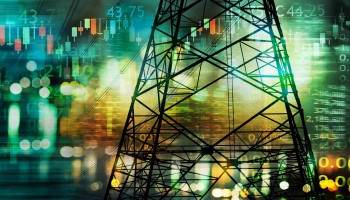Like Montenegro, Serbia is far behind its neighbors in reforming its energy sector.
Serbia's electricity infrastructure damaged by wars in the 1990 has not been fully restored. Usually it must import electricity, although sometimes it is able to export. This winter it will need to import 494 million kWh (23.7 million worth). Serbia is focusing on readying its electricity company for privatization, improving technology and making the system more attractive to foreign investors.
The state-controlled Elektroprivreda Srbije was established in January 2005 and owns all power plants. It also oversees generation, transmission, distribution, importing and exporting. There are 11 legally independent subsidiaries within EPS. There is also the public EMS, which serves as the Independent Transmission System and the Market Operator.
Serbia's regulator, the Energy Agency of the Republic of Serbia (AERS), was created in 2005 but became operational only in January. The regulator issued its first licenses in June. Since then, 12 companies have been licensed for electricity trading.
The minister of energy and mining said this year that Serbia's electricity market will be fully liberalized by 2015, when household customers will be able to choose their supplier. Large customers should have choice by 2008.
| NET ELECTRICITY EXPORTER | 213 GWh | | Total Electrical Consumption (2004) | 32,115 GWh | | Total Electrical Production (2004) | 32,328 GWh | | Electrical Consumption per Capita (2002) | 3027.00 kWh/capita | | Average Household Electricity Price (2005) | ¢3.84/kWh (no tax) | | | ¢4.53/kWh (with tax) |


